Start Network influencing the ways of working for its member organisations
In early 2019, The Start Network undertook a member survey which probed for examples of how the Start Network is influencing their operations.
In early 2019, The Start Network undertook a member survey which probed for examples of how the Start Network is influencing their operations.
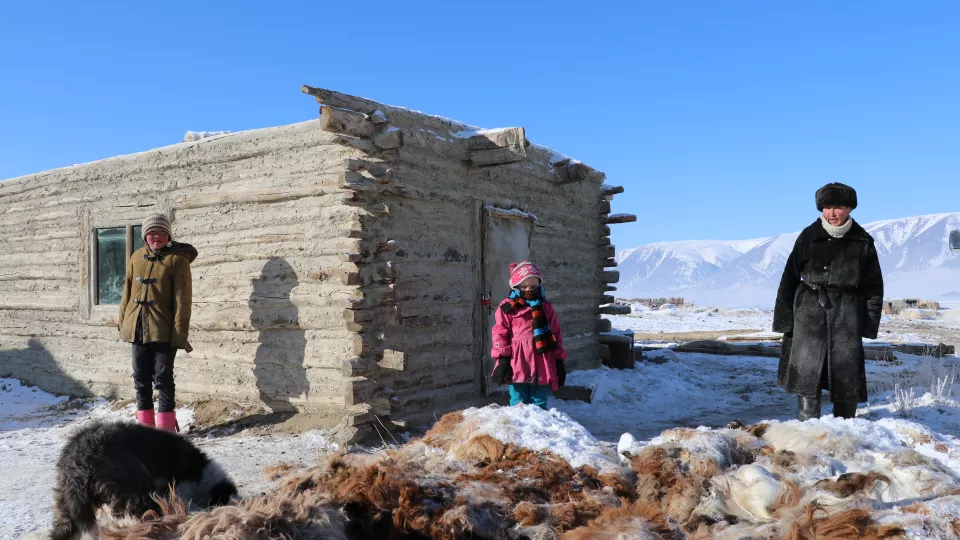
The Start Network is pleased to share the 2018 Annual Report showcasing its work on revolutionising the way that humanitarian aid is being disbursed.
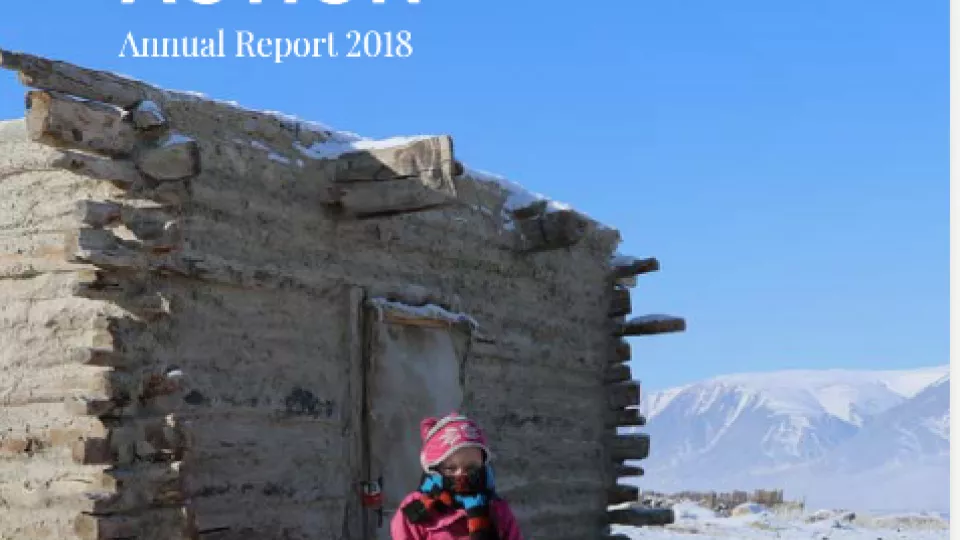
The Start Network is revolutionising the way that humanitarian aid is being disbursed by fostering localisation, new financing and collective innovation.
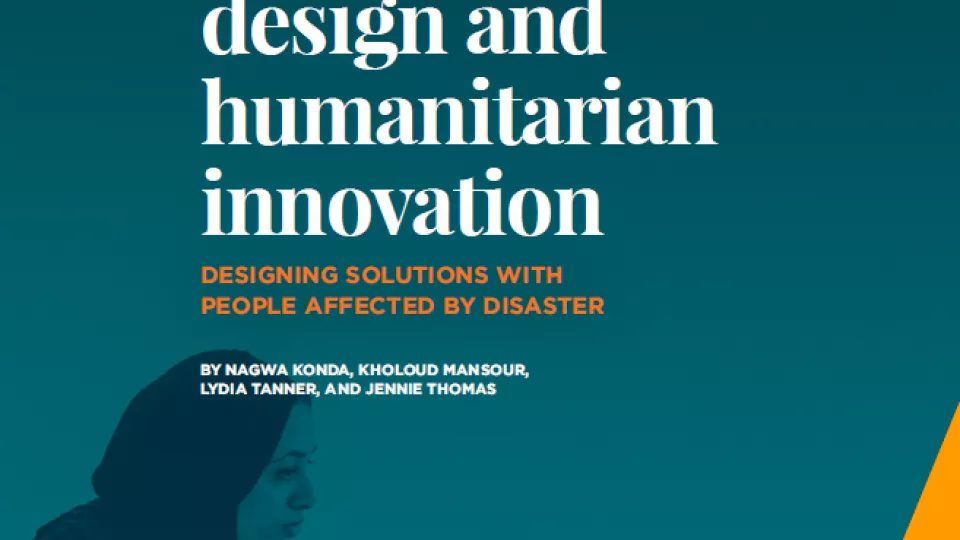
The humanitarian sector is often criticised for being too top-down and for failing to meet the needs and priorities of crisis-affected people. ‘Innovation’ became a rallying cry for new initiatives, organisations and funding promises. Yet, three years on, the sector has been slow to prioritise and support local leadership or to create systems that allow people affected by disaster to have a hand in shaping innovations within their own communities. A recent research paper suggests that only 33% of humanitarian innovators consult with affected populations during their innovation processes. In response to this situation, several organisations have begun advocating for the use of human-centred design (HCD) in humanitarian innovation: bringing meaningful community participation into developing solutions, services or assistance for that community. The Disasters and Emergencies Preparedness Programme (DEPP) Innovation Labs is a diverse network of national and international humanitarian organisations, set up to identify and grow areas of innovation that come directly from communities affected by crises. The labs drew on the HCD tradition, with the aim of developing more responsive and locally-led humanitarian and preparedness programming.

Start Network has appointed Christina Bennett, currently Head of the Humanitarian Policy Group at the Overseas Development Institute, as its new CEO.
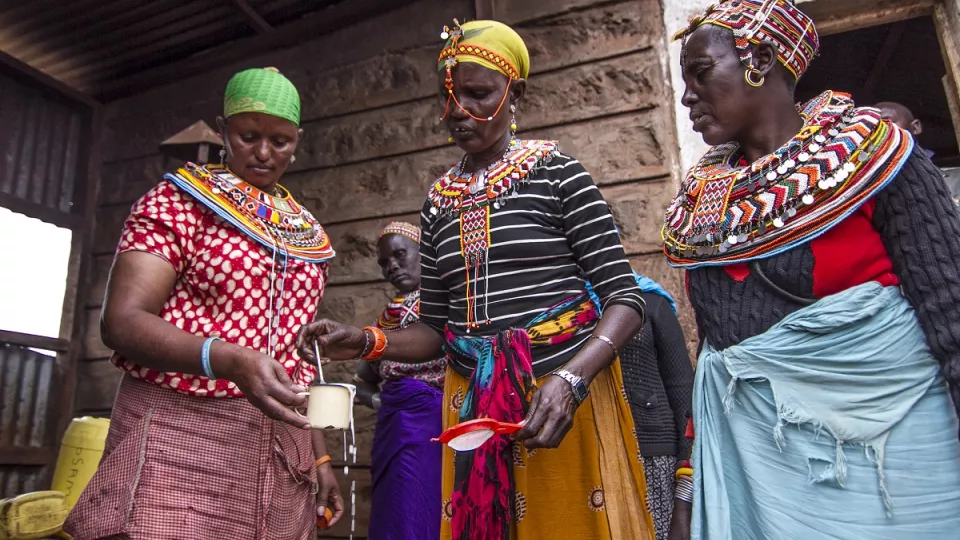
Three years ago at the World Humanitarian Summit in Istanbul, world leaders and humanitarian agencies including the Start Network committed to scale up support for locally-led humanitarian action. What has been the progress since then? What milestones has the humanitarian achieved done since then?
The monthly risk briefing provides information on global weather, human and health events where members may consider using the Start Fund Anticipation process.
June witnessed the first ever alert and allocation for Paraguay, as well as the first anticipation alert in the MENA (Middle East and North Africa) region. Read how the Start Fund responded to several under-reported crises during the month.
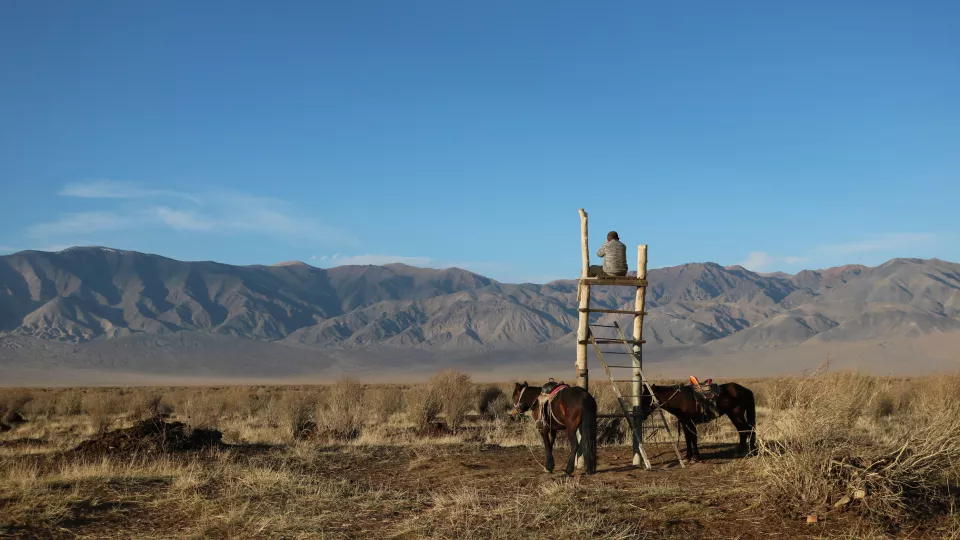
For nomadic herder families in the Mongolian grasslands, living in extreme conditions is the norm. But when it comes to Dzud, the Mongolian term for a bitterly cold winter weather phenomenon, the impact can be greater than many are able to prepare. Anticipating how changes in the weather and environment will impact their lives is key.
This is my last day with the Start Network. It has been an unimaginable privilege to lead this effort over the past 9 years, and I am leaving with a sense of humility, pride and gratitude.